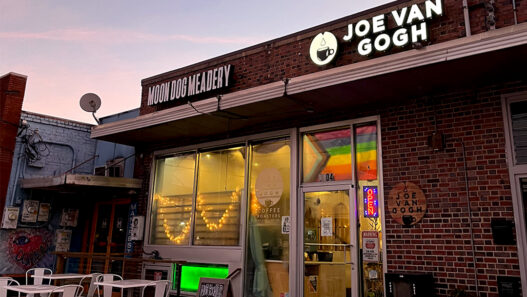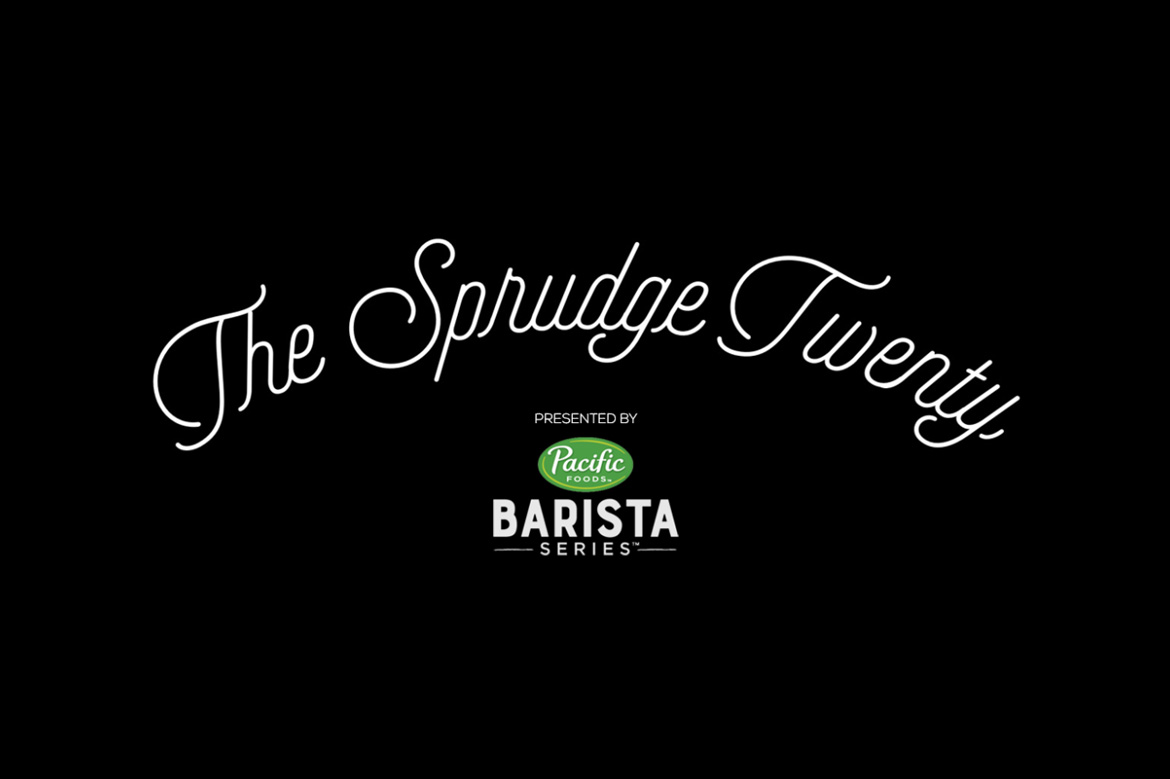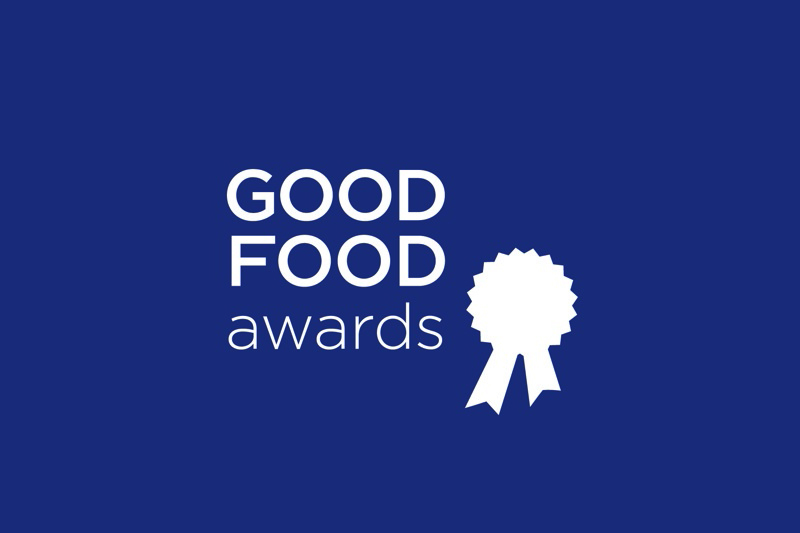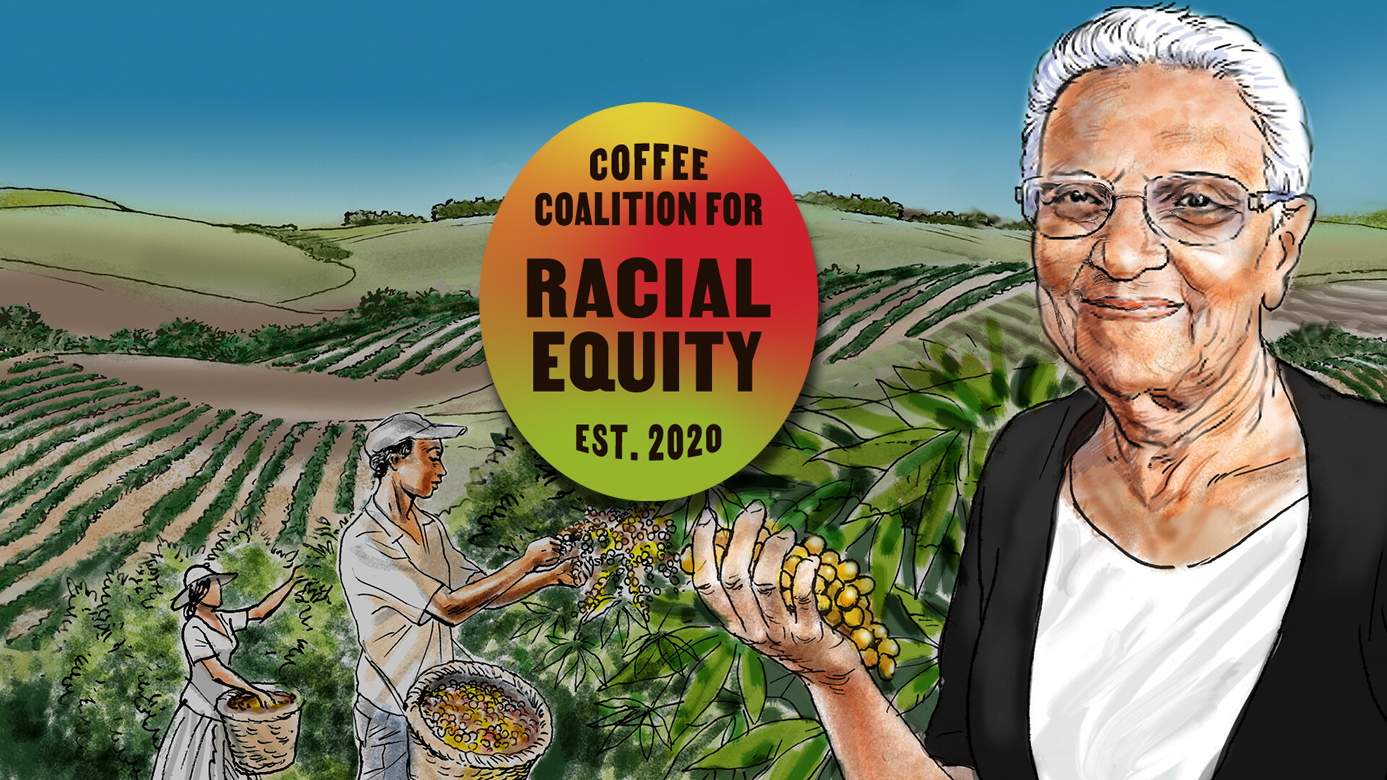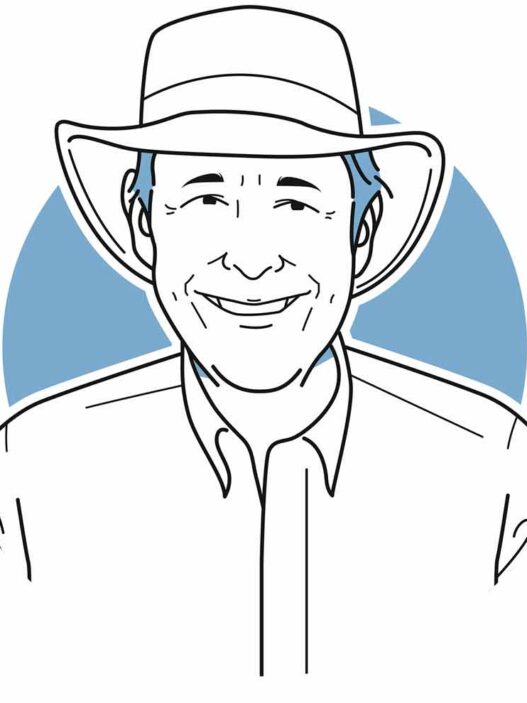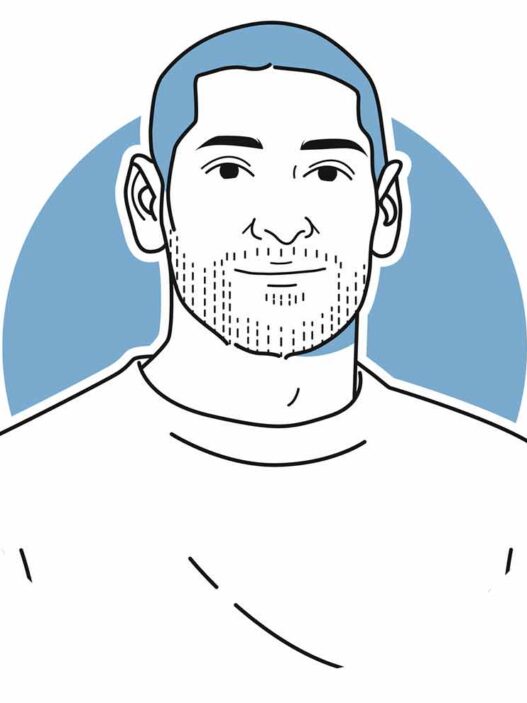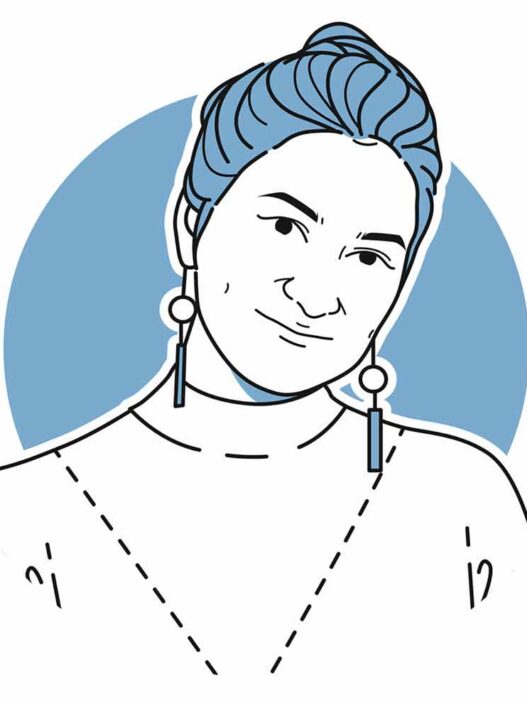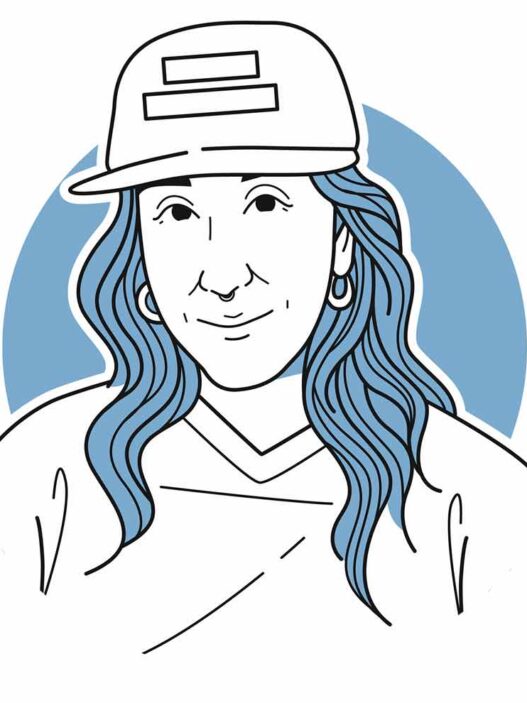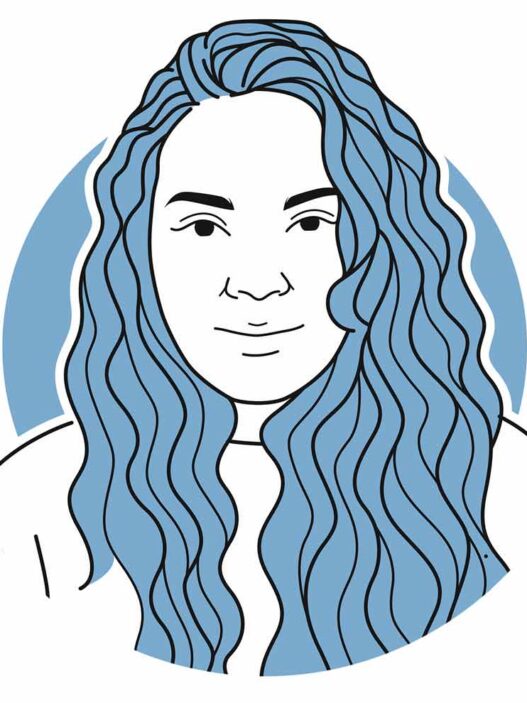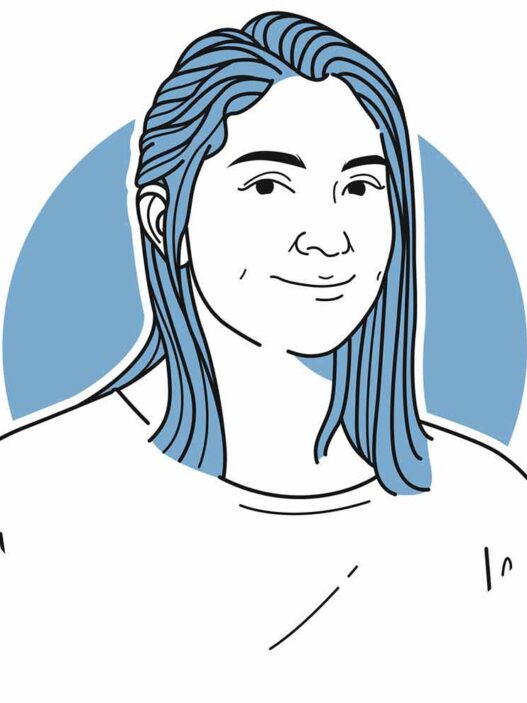A beloved annual tradition returns here at Sprudge, and we couldn’t be more excited!
Nominations are now open for this year’s class of The Sprudge Twenty, our annual initiative honoring and amplifying extraordinary individuals in the specialty coffee community. Now in its fourth cohort presented in partnership with Pacific Barista Series, the Sprudge Twenty is dedicated to mentors and leaders, game-changers and inspirations, baristas and farmers, traders and teachers, entrepreneurs, and original voices in the field of coffee.
Nominations are open through February 28th for the Sprudge Twenty class of 2022. This is an open call to our global network of readers and partners: nominate people in your business or community who exemplify excellence, leadership, and the future of coffee. Nominations can be submitted in any language, in the form of an original essay, audio nomination, or video recording, so that there is no barrier to submission—the entire process is open and free, in partnership with Pacific Barista Series.
See past honorees for the 2019 Sprudge Twenty class, and 2020 Sprudge Twenty class, and 2021 Sprudge Twenty Class.
As part of the program, each class member receives a special in-depth interview feature on Sprudge—here are some excerpts from a few of our favorites, which we recently compiled in a best-of spotlight.
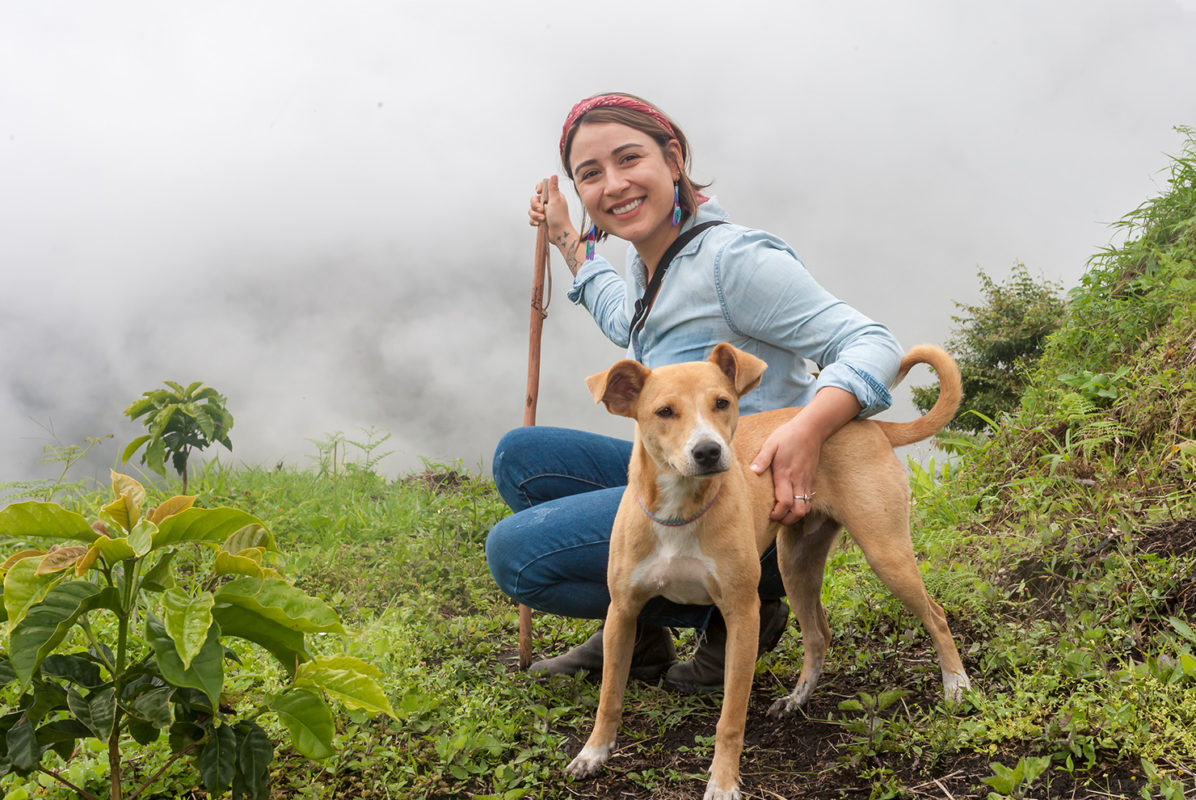
From Lucia Solis: The Sprudge Twenty Interview published August 2021, nominated by Danni Santiago
One thing that makes coffee unique when compared to wine is that coffee’s complexity has not always been prized; it is not something that has been lost and is being rediscovered. It is something that is happening for the first time. Coffee is not native to many parts of the world where it grows; it was brought over and set up as a colonial crop and treated as a commodity for the last 200 years. So, it is only recently that producers have been able to escape this model and differentiate their product and get paid according to quality, not just volume.
My background in microbiology allows me to provide insights into fermenting with control and intention. For the last six years I have been based in the United States and would spend more than half the year traveling to consult at different beneficios (coffee wet mills). After 2020 kept me grounded for almost a year I realized I needed to update my business model. I am now living full time on a coffee farm in Colombia. The farm is called Montes Tatama in the Risaralda department. Colombia provides the unique opportunity to process coffee year round and keeps me busy doing my favorite thing: fermenting.
If you would like to try the coffee fermented with intention, reach out @montes.tatama on Instagram.
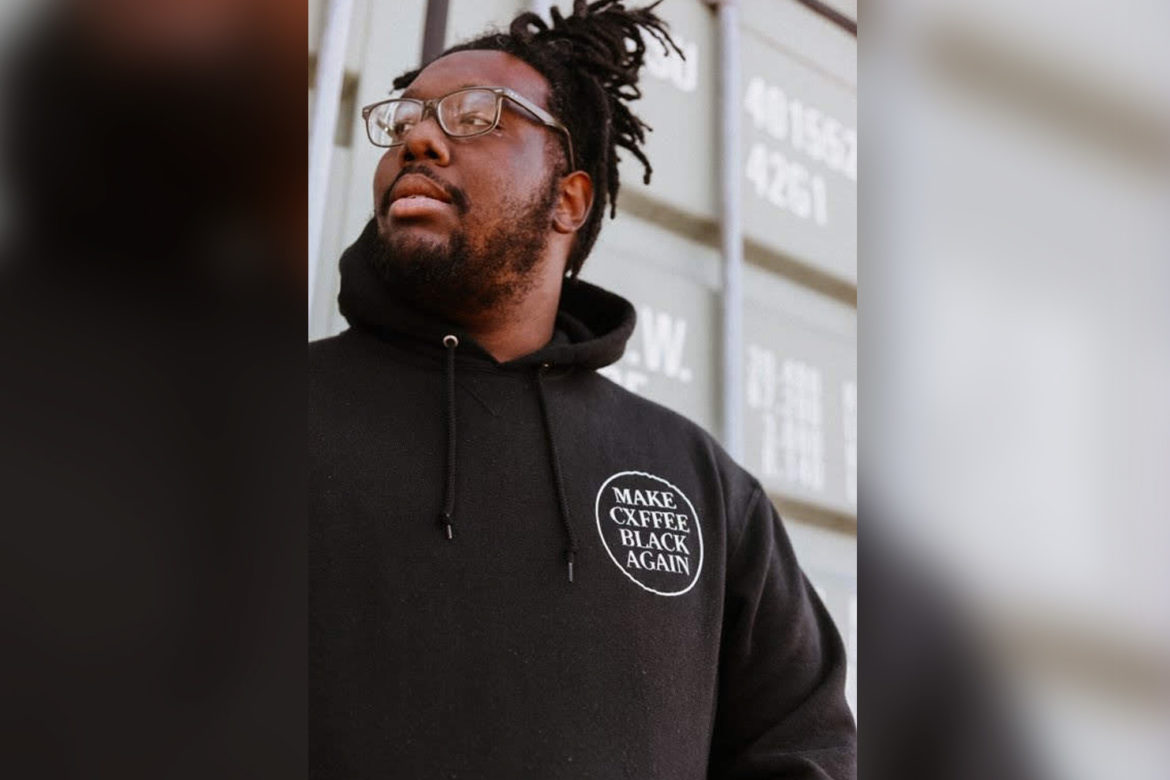
From Bartholomew Jones: The Sprudge Twenty Interview, published July 21st, 2020, nominated by Cameron Heath.
What issue in coffee do you think is critically overlooked?
For us, it’s the issue of Black people and specifically Black businesses and entrepreneurs doing business together across the diaspora. It’s interesting to me how people can love single-origin coffee and ignore single-origin people.
A lot of times, third-wave coffee shops end up moving into Black and brown neighborhoods and doing business as if they’re in a white neighborhood. They don’t look or see their business as a means of participating in the community. They do business in spite of the community instead of with the community. And they’re missing out on income when they do it and participating in the eradication and erasure of a lot of the identity of these neighborhoods. We’ve done events at shops before, hip hop events—everything for us is coffee reimagined from a Black perspective—and people from the neighborhood will come to the show, which is great, but you can visually see other people who are used to going to this coffee shop being very uneasy with the neighborhood taking part. It’s like, “Why is this visibly poor Black person around me?”
I’m not interested in bashing or being mad but it’s very problematic when you look at the understanding of what they’re participating in. You are participating in a Black discovery when you drink coffee. You have to acknowledge that and understand that you’re dealing with Black people along the way. But people seem so surprised. Coffee, like many other things, has been colonized. When things are colonized they lose their identity and losing your identity is dehumanizing. In slavery, people lost their names. You received a new identity given by your colonizer. That’s a big part of the X in our name, Cxffeeblack—Malcolm X and others in the Nation of Islam wanted to take back their names and use X to represent a link to their identity. That’s what we want to do with coffee—let people interact with coffee from a Black identity.
It’s often overlooked. People drink coffee without acknowledging the Black roots and history and the Black future of it, too. And that’s important. It’s not only a Black history in coffee but also a Black future. We have to realize by participating in the present we’re part of this journey that has an undeniably Black destination.
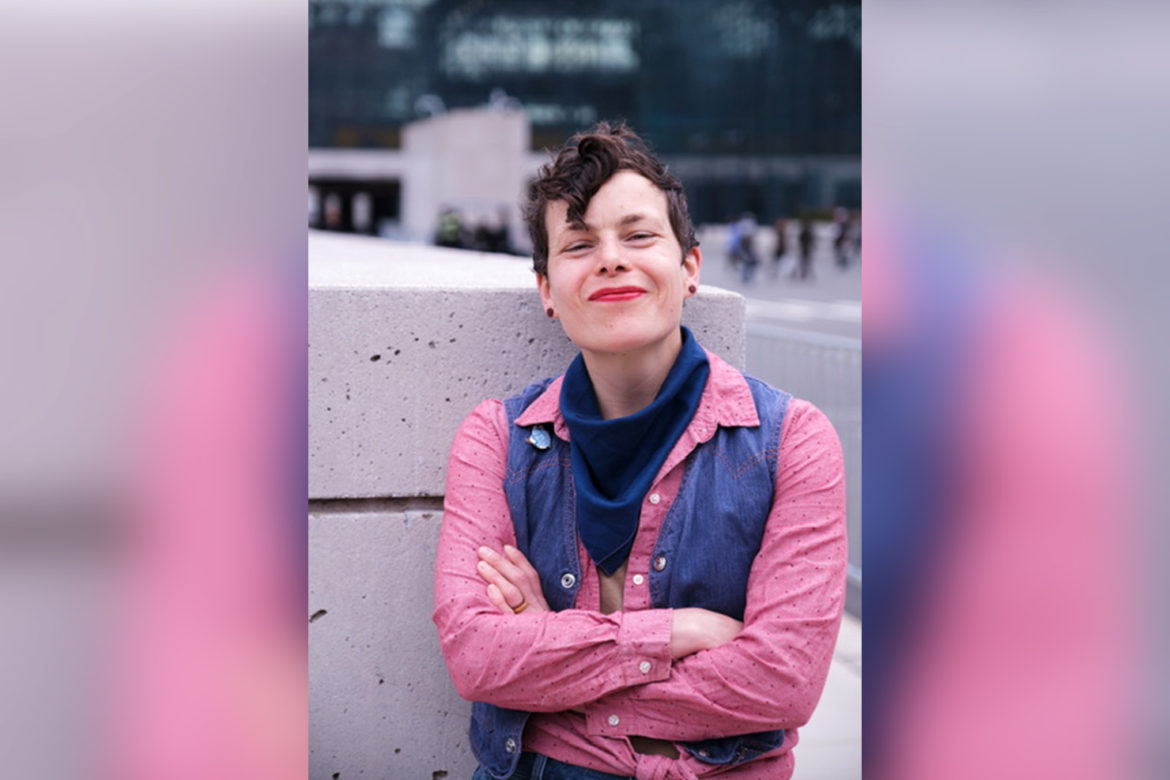
From Ever Meister: The Sprudge Twenty Interview, published July 27th, 2020, nominated by Jenn Rugolo.
What do you see as coffee’s role in the ongoing struggle for civil rights and racial equality?
Coffee is and always has been political, whether or not we want to accept it. Its very origins are based in brutal colonialism and relentless imperialist capitalism, and despite the advances that have been made in the industry around the world, the coffee sector at large is still affected by the roots of that history. I think that gives specialty coffee in particular a unique opportunity to be part of the active dismantling of racist, imperialist, ruthlessly capitalistic systems that have encouraged and scaffold its growth. This segment of the marketplace was designed as a response—as a slap in the face!—to commercial, commodified, cheap coffee, and we have it within our power to continue to shift the paradigm of how things are done. Specialty coffee has the most brilliant and creative thinkers, has fostered the most out-of-left-field solutions, and has the guts and grit to enact real and lasting change if we can come together to do it. I believe we can—it will take a lot of work and a lot of honest self-reflection, but I believe that specialty coffee can be a more equitable, fair, empowering, positive force in the world. I genuinely do.
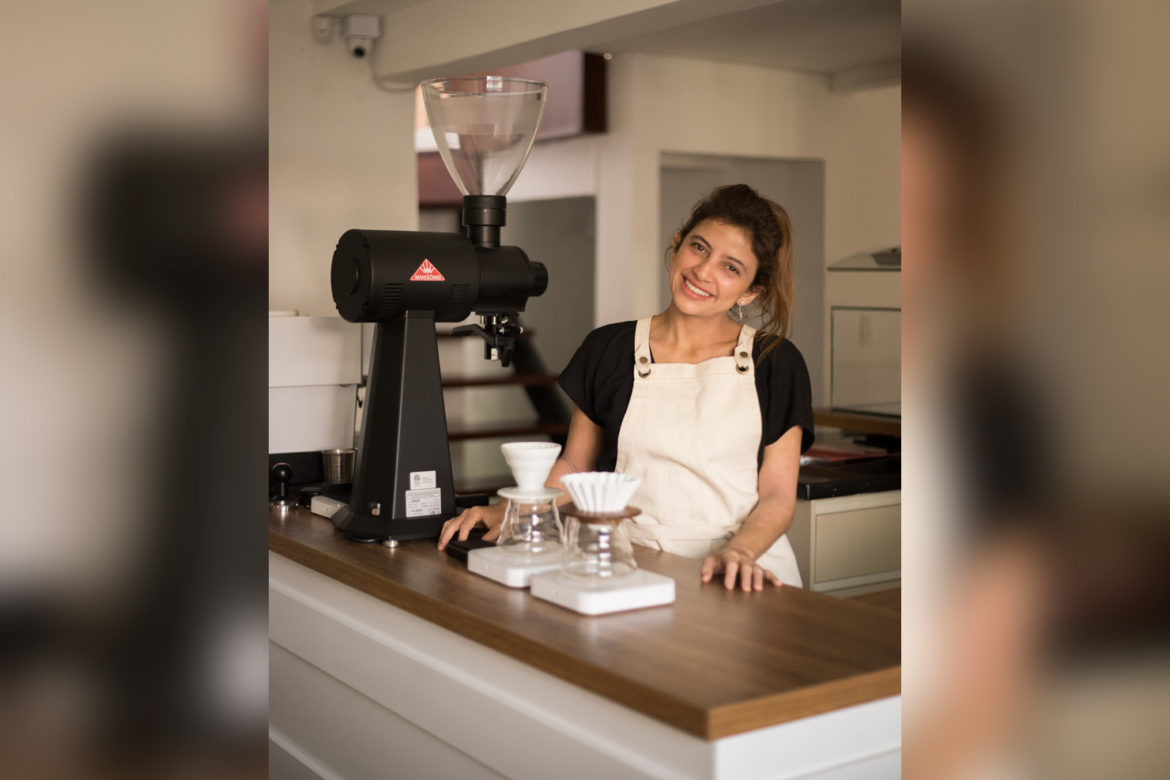
From Angie Katherine Molina Ospina: The Sprudge Twenty Interview published July 14th, 2020, nominated by Paul Kevin Doyle.
What issue in coffee do you care about most?
The fair remuneration of the entire value chain. I’m constantly watching the dynamic of the industry from the producer perspective but also from the business owner’s perspective and I think that in order to keep healthy relationships with our producers and clients, we have to be transparent and fair in what part of the cake we are getting. Every person involved in the process of producing, selling, and making a cup of coffee deserves to be fairly remunerated for their job, which is not always the case. Through our company, we’ve been trying to make things a little bit different, which has allowed us to find the right partners in order to move forward together.
Check out the full list of 2021, 2020, and 2019 Sprudge Twenty honorees and read their remarkable interviews here. Presented in partnership with Pacific Barista Series.




